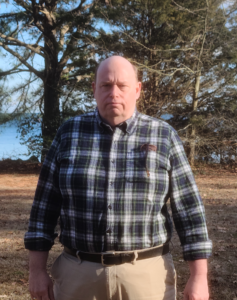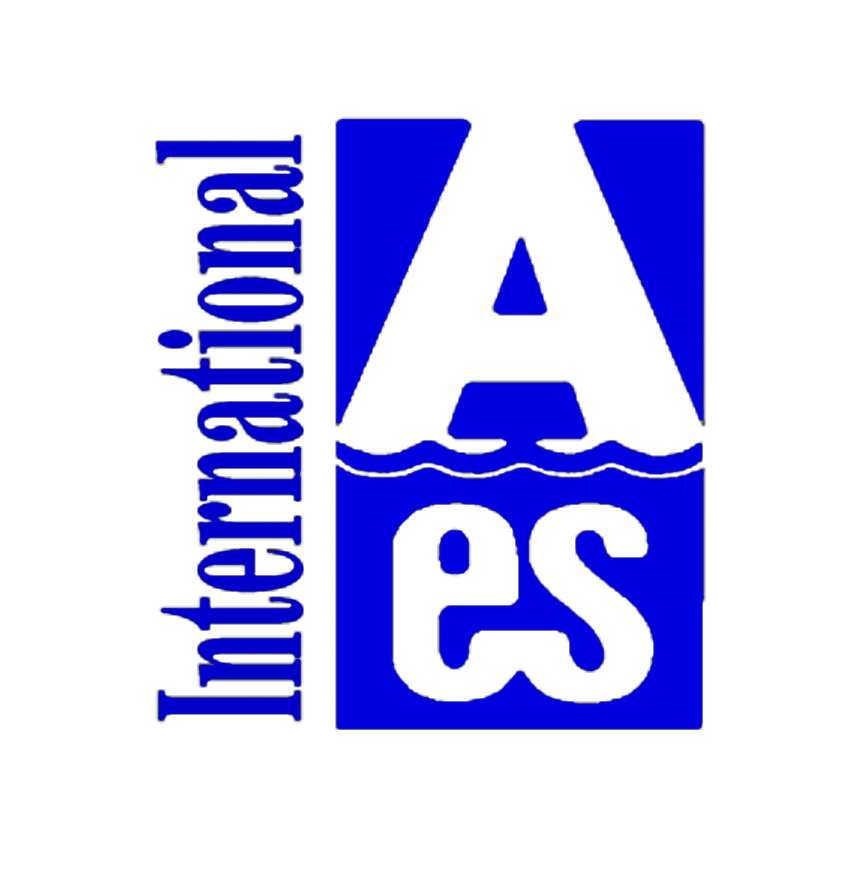Russell T. Clements

Russell T. Clements
Russell T. Clements graduated from Christopher Newport College (now Christopher Newport University) in Newport News, VA, in December of 1988. He graduated with a BS in Business Administration (with a concentration in Economics). He joined the IAES before graduation after being recommended by members of the CNC faculty. He also graduated with an MBA from the College of William & Mary in Williamsburg in May of 1991. Mr. Clements worked as analyst at various companies, including Busch Gardens Williamsburg and Newport News Shipbuilding.
If you recall, what influenced your decision to become a member of the International Atlantic Economic Society?
While attending W&M, I was able to attend an IAES conference held in Williamsburg. I met Dr. John Virgo and many others while attending various panels. My work was never directly in the field of economics, but I was an analyst in various jobs of progressive responsibility at two companies.
What types of projects/research are you currently working on and what inspired/motivated you to pursue these interests?
From a purely economic standpoint, I am currently interested in labor rate participation and the labor market composition. Recently, I was watching Good Morning America, and the headline news said that, per the New York Federal Reserve, total national debt was $17.5 trillion and total credit card debit was $1.13 trillion. The reporter mentioned both how strong 4th quarter Gross Domestic Product (GDP) was (3.3%) and that there were record highs in the stock market, but questioned why Americans are pessimistic on the economy. The increase in debt is fueling GDP. The debt increase is fueled by both the low labor participation rate and the composition of the labor market. Americans are working longer, returning to work after retiring and filing for disability after they are laid-off (but not while working). The composition of the labor market needs to be analyzed and that does not mean cut taxes, impose tariffs, or increase social welfare benefits. It means we need to analyze and address the issues plaguing our economy (which may include doing some form of those three items).
What advice would you give to someone who is considering entering your line of work/field of study?
The advice I would offer anyone starting out is to do what you enjoy, then it won’t seem like work. Listen more than you talk. Ask questions and integrate the answers into the conversation. You lead from in front, but you need others with you in order to be a leader. Economic research (or any research or indeed any work) requires a team approach, and it is easy … ask, listen, share, and document, document, document.
Going forward, what other projects/research are you planning to or hoping to pursue?
I retired at the age of 50 after making a series of income-oriented investments in the stock market. Specifically, I invested in a number of closed-end mutual funds, which I then reinvested while working. Now I enjoy the income. I did not pursue capital gains, I pursued compounding rates of return. A personal belief of mine is that anybody can succeed financially. Do not chase the brass ring, i.e., gold, crypto, small cap, etc. You can do those things as a small part of a portfolio, but you can also go to Las Vegas or buy lottery tickets if you want. Fun is not a strategy. Nor is “taking a chance” because “it was worth a shot”.
What’s your favorite hobby?
My singular hobby is reading, and this morning I purchased TIME magazine. The cover discusses 18 leaders who are working to close the racial wealth gap. Without reading anything else, I have several questions and ideas, but would still focus on the composition of the labor market. We should encourage people to get a job and then work to get a better job. As a society, we should work to improve education. We need more minority doctors. Also, I understand that there are still thousands of unfilled jobs requiring a commercial driver’s license.

